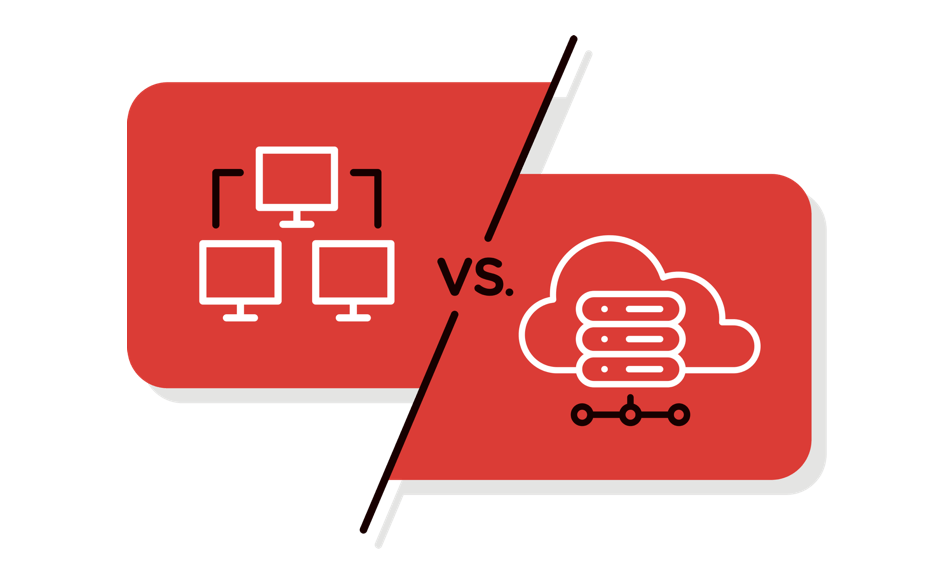


Each middle-sized or large company sometimes needs to raise the question: “Is my application or product operated on a suitable platform?“ Therefore, we would like to explain to you in more detail what the basic differences are between the available solutions, their advantages and strengths, and thereby facilitate decision-making.
For small and medium businesses, owning physical servers, taking care of them, configuring, paying for housing, electricity and administration and monitoring of the entire environment is a scary projection. Contracting a supplier/administrator is one solution, but this is, however, the least cost-effective of all available options. When does “Bare metal“make sense? For some, the reason lies in the services that can only be operated by a service provided from a bare metal platform. It’s mainly a matter of security of the entire solution, to which nobody has access, except for the server administrator and a customer. Other reasons for maintaining custom physical servers may be the GDPR regulations or legislative and contractual requirements of customers that restrict the storage of data outside the EU or to a shared infrastructure. All these parameters affect the selection of a suitable solution.
The essence of providing a private cloud is to create a tailored, dedicated environment for customers, in which the customer is, to the maximum extent possible, separated from the physical platform on which his product is running. The advantage of a private cloud is the effort to have a competitive price compared to public clouds while offering extra value to the customer. Customers will also appreciate the support from the supplier’s technically knowledgeable administrators, who can assist in finding application issues, fine-tuning the environment for database operation or advise on matters concerning the technical implementation of a product.
The advantages lie in clearly defined rules, so if something can be done on the platform, you can do it almost instantly with a few mouse clicks in the cloud web user interface. However, it is also a disadvantage. If a customer has an issue that cannot be technically solved by adjusting the means defined by the provider through his/her web interface, then the customer has to adapt their own product.
If you are dynamic and impatient, and you need everything and immediately, then a public cloud will be sufficient. If you already have a product that you offer and actively develop and the restrictions of large providers are not suitable for you or you want to benefit from the cooperation of administrators and developers, and at the same time you do not want to unnecessarily pay for the administration of your own hardware, then your choice would be a private cloud. If you work with sensitive data, require a high level of security or it is required by applicable law, then your own physical server is what you are looking for.
We recommend that you consult such a change beforehand with Digmia experts and arrange a free consultation, where you will be advised on what solution would be the most suitable for you.